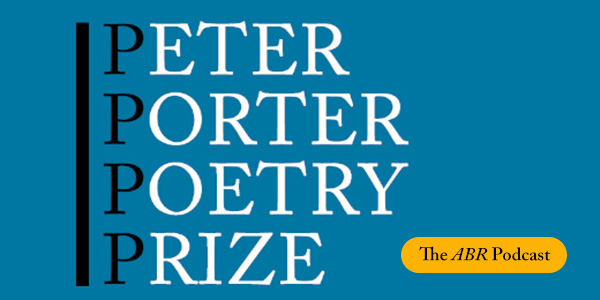Accessibility Tools
- Content scaling 100%
- Font size 100%
- Line height 100%
- Letter spacing 100%
Elizabeth Jolley
The ABR Podcast
Released every Thursday, the ABR podcast features our finest reviews, poetry, fiction, interviews, and commentary.
Subscribe via iTunes, Stitcher, Google, or Spotify, or search for ‘The ABR Podcast’ on your favourite podcast app.
2025 Peter Porter Poetry Prize Shortlist
Read by the poets
This week on The ABR Podcast we feature the 2025 Peter Porter Prize shortlisted poems, as read by the five poets, published in the January-February issue of ABR.
Recent episodes:
A new prize for Miles Franklin
Miles Franklin turns fifty this year. Well, 128, to be strictly biographical. Three years after the death of Miles Franklin (1879–1954), the inaugural Miles Franklin Literary Award was inaugurated. This year, the judges have rather more money to present ($42,000) than they did in 1957, when Patrick White’s Voss won the Award.
... (read more)Fellow Passengers: Collected stories by Elizabeth Jolley
When I was seventeen, I sold my doll and all her little frocks and coloured, knitted things. At the time I thought I ought to sell her, it seemed important to have some extra money. She was advertised for £1. It was near Christmas – a good time for selling. A woman came and I saw her alone with the doll in the front room where my mother had made a fire, as she did only on Christmas Day and other holidays.
... (read more)The 2016 Elizabeth Jolley Short Story Prize ceremony was held at the Melbourne Writers Festival on 27 August. The event was compèred by ABR Deputy Editor, Amy Baillieu, with opening remarks from poet and author Maxine Beneba Clarke.




